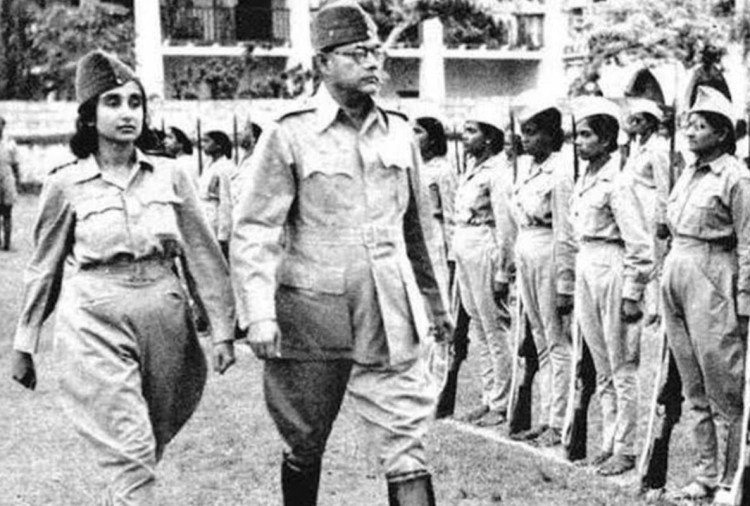23 Jan , 2025 By : Debdeep Gupta

On January 23, 2025, India celebrates Parakram Diwas to honor the 128th birth anniversary of Netaji Subhash Chandra Bose, a visionary freedom fighter and one of India’s greatest leaders. Known for his indomitable spirit and revolutionary ideas, Netaji’s legacy continues to inspire generations. While his contributions to India’s independence are widely known, here are 10 lesser-known facts about him that shed light on his extraordinary life.
1. Youngest President of the Indian National Congress
At just 41 years of age, Bose became the youngest-ever President of the Indian National Congress in 1938. His tenure was marked by bold ideas and progressive visions for India’s future.
2. A Civil Services Topper
Netaji cleared the Indian Civil Services (ICS) examination in 1920, securing the fourth rank. However, he resigned from the prestigious post to dedicate his life to India’s independence movement.
3. Fluent in Multiple Languages
Apart from his native Bengali, Bose was fluent in English, German, Hindi, and even some Japanese—skills he utilized to build alliances during World War II.
4. Formed the Azad Hind Fauj (Indian National Army)
Netaji established the Indian National Army (INA) in 1943 to fight British colonial rule. The INA included thousands of Indian prisoners of war and civilians who shared his vision for a free India.
5. Coined the Iconic Slogan “Jai Hind”
The phrase “Jai Hind,” which has become a symbol of patriotism in India, was popularized by Bose as a rallying cry for national unity and freedom.
6. First Indian Leader to Seek International Support
Bose sought alliances with Germany, Italy, and Japan during World War II, believing that India’s freedom could be expedited with their help. He even met Adolf Hitler in 1942 to discuss India’s liberation.
7. Founded the Provisional Government of Free India
On October 21, 1943, Bose declared the establishment of the Provisional Government of Free India (Azad Hind Government) in Singapore, with himself as its leader.
8. Subhash Chandra Bose Was Nominated for the Nobel Prize
Few know that Bose was nominated for the Nobel Peace Prize in 1937 for his efforts to end colonial rule through nonviolent means before he adopted more radical approaches.
9. A Strong Advocate of Women’s Empowerment
Netaji formed the Rani of Jhansi Regiment in the INA, which was one of the first all-female combat regiments in modern military history.
10. His Disappearance Remains a Mystery
Netaji’s sudden disappearance in 1945 after a reported plane crash in Taiwan remains one of the greatest mysteries in modern Indian history. His death is still debated, with many believing he survived and lived in secrecy.
Significance of Parakram Diwas
In 2021, the Indian government declared January 23 as Parakram Diwas to commemorate Netaji’s courage and strategic brilliance. The day serves as a reminder of his unmatched contributions to India’s freedom struggle.
Parakram Diwas 2025 will witness grand celebrations across India. Various events, including cultural programs, exhibitions, and seminars, will be held to honor Netaji’s life and achievements. The government will also host a special parade in Kolkata, Bose’s birthplace.
Netaji Subhash Chandra Bose’s life remains an inspiring story of resilience, patriotism, and sacrifice. As the nation pays homage to this towering figure, let us remember his words, “Give me blood, and I will give you freedom,” and strive to uphold the values he stood for.
0 Comment